Continue to institutionalize policies, guidelines and strategies on renewable energy.
The purpose of promulgating the Law on Nuclear Energy (amended) is to continue institutionalizing the Party's guidelines and policies and the State's policies on nuclear energy, enhancing the effectiveness of State management on radiation safety, nuclear safety and security; developing the application of nuclear energy; contributing to creating new momentum for the country's rapid and sustainable development in the new era.
Overview of the meeting (Photo: quochoi.vn).
The draft Law on Renewable Energy (amended) consists of 12 Chapters and 73 Articles, closely following the four policies that the Government has basically agreed upon in Resolution No. 240/NQ-CP dated December 17, 2024 at the Special Session on Lawmaking in November 2024. The draft Law on Renewable Energy (amended) was developed by the Ministry of Science and Technology in accordance with the provisions of the Law on Promulgation of Legal Documents. Accordingly, the Ministry has established a Drafting Committee and an Editorial Team for the draft Law on Renewable Energy (amended) with the participation of representatives of ministries, branches, central and local agencies, experts and scientists...
At the meeting, the National Assembly deputies agreed on the necessity of promulgating the Law to institutionalize the Party's policy on nuclear power, ensuring consistency with the current legal system. The law-making is an important step to perfect the legal basis on nuclear power, meet practical requirements, overcome shortcomings of current laws; at the same time, strengthen the effectiveness of State management on radiation safety, nuclear safety and security, sustainable development of nuclear power application, and implementation of Vietnam's international commitments and obligations.
Delegates emphasized the need to strengthen international cooperation and develop renewable energy, contributing to creating new momentum for the country's rapid and sustainable development, helping the country develop, make a breakthrough to become rich and strong, and achieve the set short-term and long-term goals.
During the discussion, National Assembly deputies focused on giving opinions on the scope of regulation, subjects of application of the law, interpretation of terms, prohibited acts, transitional provisions, etc. Many opinions suggested reviewing to ensure consistency with other laws, including laws being submitted to the National Assembly for amendment, while at the same time perfecting the State's priority and incentive policies in this field.
Specific contents for comments include: Completing regulations on developing applications of nuclear power, decentralization in State management, nuclear inspection activities, response to radiation incidents, nuclear incidents, civil liability for nuclear damage and research on building a Nuclear Safety Fund.
In addition, delegates also gave their opinions on: Nuclear regulatory agencies; safety and security of nuclear facilities; licensing for community consultation in the construction of nuclear power plants; safety, radiation protection and security of nuclear radioactive sources, exploration and exploitation of nuclear fuel sources; management of radioactive waste, storage facilities for used radioactive sources and nuclear fuel; caution with socialization in the field of nuclear energy.
In addition, delegates also contributed other important opinions and specific provisions that need to be carefully studied to complete the draft Law.
Moving towards mastering nuclear energy technology to serve socio- economic development
On behalf of the Ministry of Science and Technology, Minister Nguyen Manh Hung thanked the National Assembly deputies for their enthusiastic opinions on the Law on Renewable Energy. The Minister said that at the discussion session in groups on May 6, 2025, there were 104 opinions expressed, the Ministry of Science and Technology has carefully studied, and has sent an explanation and acceptance to the National Assembly. With the opinions of the deputies at the discussion session on May 15, 2025, Minister Nguyen Manh Hung explained and clarified a number of major groups of issues. Specifically:
Firstly, nuclear power becomes a national strategy, green power and base power. Following the general international trend, nuclear power will account for 10-30% of the national electricity. After a period of decline 10-15 years ago, nuclear power has now returned as a national strategy because countries want to be energy self-sufficient, want to achieve carbon neutrality, want to reposition national technology, and also because current nuclear power technology is generation III+ and especially generation IV with high safety. Nuclear power is the most important subject of the Draft Law in terms of application development and safety and security management.
Minister of Science and Technology Nguyen Manh Hung explained at the meeting (Photo: quochoi.vn).
Second, safety assurance activities in the development of renewable energy applications in general and nuclear safety in particular are managed by a competent state agency, ensuring radiation and nuclear safety, complying with international standards, especially the International Atomic Energy Agency (IAEA), including nuclear safety licensing in all stages of nuclear power plants.
Third, to facilitate the implementation of Vietnam's first nuclear power plant, the Draft Law allows the application of special measures for rapid implementation, such as applying special mechanisms in bidding, using international standards, seller standards, projects with expenses for appraisal and training. Managing nuclear radiation safety throughout the entire life cycle, through many stages of a nuclear power plant, from site selection, feasibility study, to closure and post-closure. This is a comprehensive approach, based on international experience, and is necessary.
Fourth, to ensure safety and security for nuclear facilities, including nuclear power plants, the Draft Law has established a separate chapter on safety and security of nuclear facilities, a separate chapter on nuclear power plants, in which regular monitoring activities of the radiation and nuclear safety management agency are maintained throughout the life cycle of the plant. Develop measures and capacity to respond to incidents. Build a culture of nuclear safety and security, because the application of renewable energy and nuclear energy will be increasingly widespread in many aspects of social life.
Fifth, the Draft Law meets the legal framework for state management in the field of nuclear power, including application development and safety and security assurance. The principle of ensuring safety and security has been demonstrated throughout each management object from radioactive sources, radiation equipment to nuclear materials, nuclear reactors and spent nuclear fuel, supplementing regulations on the list of goods that must be inspected for radiation when imported. In addition, the provision of a separate chapter on Nuclear Inspection has demonstrated the IAEA's role in coordinating control to ensure nuclear activities in Vietnam for peaceful purposes, as well as the responsibility to comply with national commitments and obligations, especially in the implementation phase of the construction of a new research reactor and the upcoming Ninh Thuan nuclear power project.
Sixth, have a policy to strongly develop nuclear energy applications for civilian purposes. Classify the risk level of radiation impacts on humans and the environment to appropriately socialize applications, promote the application of the latest achievements in nuclear energy applications to serve the people and socio-economic development. Encourage businesses to participate in research and development of technology and industry in the field of nuclear energy, reducing the investment burden from the state budget. The State has a program to train, foster and develop human resources in the field of nuclear energy; have preferential policies and promote domestic and foreign experts; have preferential policies and support for people who are trained and fostered in the field of nuclear energy.
Seventh, move towards mastering nuclear energy technology to serve socio-economic development. Gradually form a nuclear industry including nuclear power plants and develop nuclear reactors to serve research and radiation applications. Develop domestic potential in nuclear technology, in manufacturing equipment to serve the development of nuclear energy applications, radiation monitoring, safety assessment and appraisal. In the strategy on building localization capacity, the first stage prioritizes the capacity to manufacture equipment to serve the development of nuclear energy applications, radiation monitoring, safety assessment and appraisal, then move towards the capacity to localize nuclear technology.
Eighth, comprehensively digitalize the management of nuclear energy and nuclear power applications. Promote decentralization of management to localities according to the risk level of radioactive sources and radiation equipment in terms of safety and security. Build a system, management capacity and national database on nuclear energy applications, ensuring safety and security. The State invests in a digital platform for radiation and nuclear safety, which is an official management and operational environment to unify the management of declarations, licensing, registration, certificates, control of export and import of nuclear equipment and radioactive materials; manage radioactive sources, radiation equipment, radiation monitoring and other specialized reports in the digital environment.
Based on the opinions expressed at the group discussion and plenary sessions of the National Assembly Deputies, the Ministry of Science and Technology will closely coordinate with the National Assembly's Committee on Science, Technology and Environment to study, review, absorb and perfect the Draft Law to ensure that the Law on Renewable Energy is practical, feasible and consistent with the current legal system.
Vice Chairman of the National Assembly Nguyen Duc Hai delivered a concluding speech at the meeting (Photo: quochoi.vn).
Concluding the session, Vice Chairman of the National Assembly Nguyen Duc Hai said that through discussions, the National Assembly deputies highly appreciated the activeness and responsibility of the agencies, and that the draft Law had many new and in-depth contents on complex techniques. The Government, the Ministry of Science and Technology, the National Assembly's Committee on Science, Technology and Environment, and the National Assembly's agencies had made great efforts to carry out their tasks.
The National Assembly Standing Committee will direct the reviewing agency to closely coordinate with the drafting agencies and relevant agencies to study the opinions expressed in the hall and the opinions discussed in the Group to absorb and complete the draft Law to submit to the National Assembly for consideration and decision.
Center for Science and Technology Communication (synthesis)
Source: https://mst.gov.vn/8-nhom-van-de-lon-quan-trong-cua-du-an-luat-nang-luong-nguyen-tu-sua-doi-197250516095911971.htm


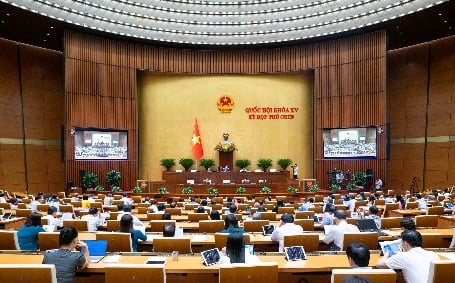
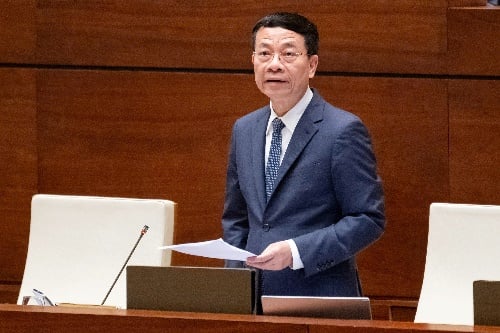
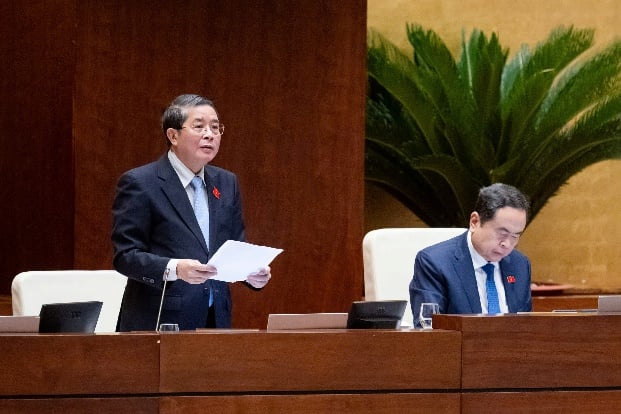
![[Photo] Urgently help people soon have a place to live and stabilize their lives](/_next/image?url=https%3A%2F%2Fvphoto.vietnam.vn%2Fthumb%2F1200x675%2Fvietnam%2Fresource%2FIMAGE%2F2025%2F12%2F09%2F1765248230297_c-jpg.webp&w=3840&q=75)





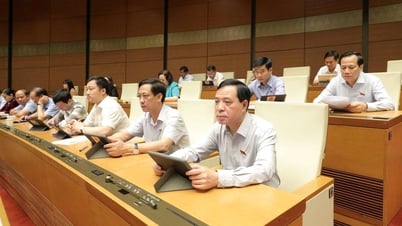

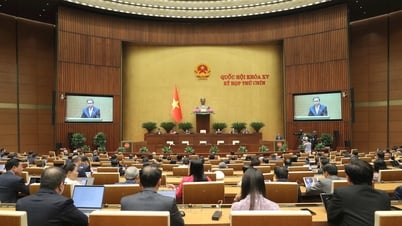
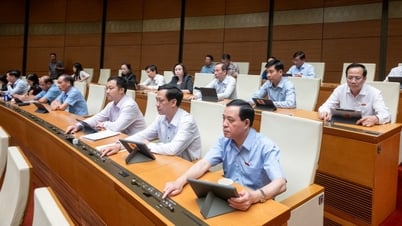


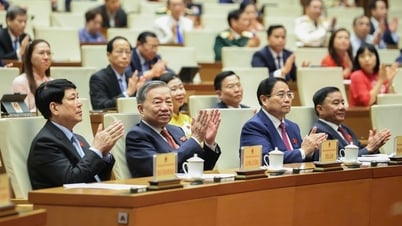

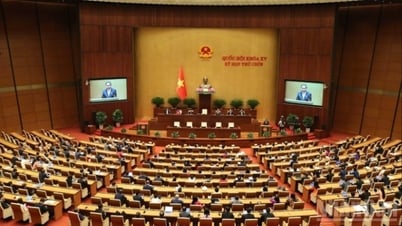

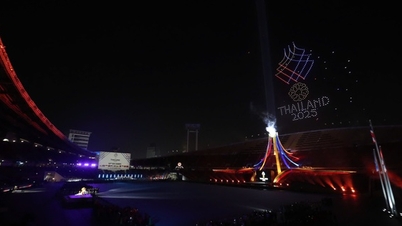


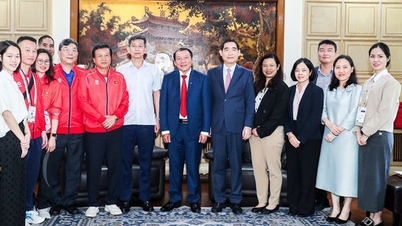

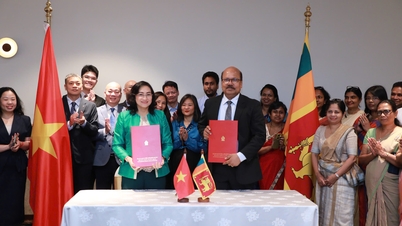

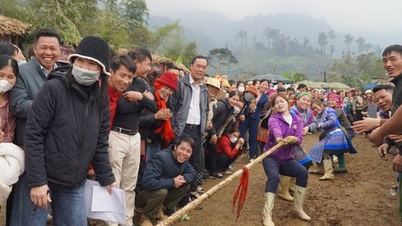




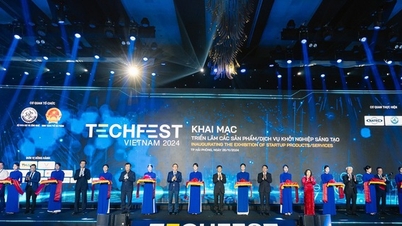
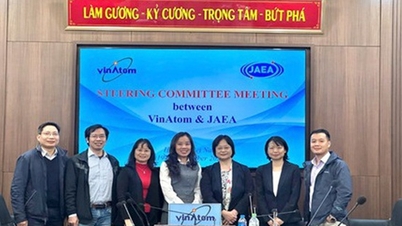
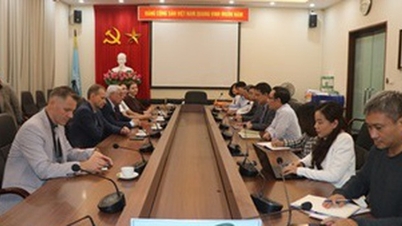
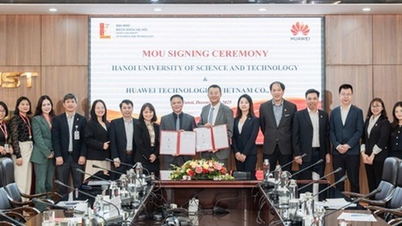

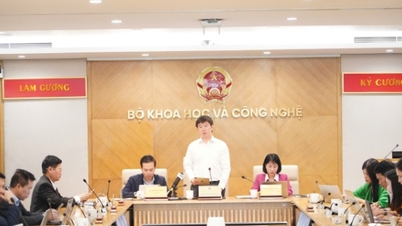






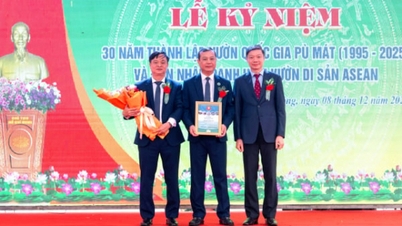


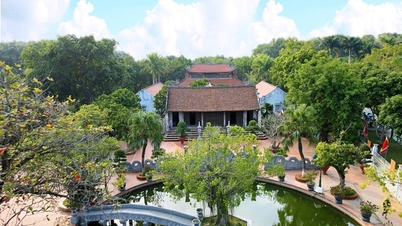
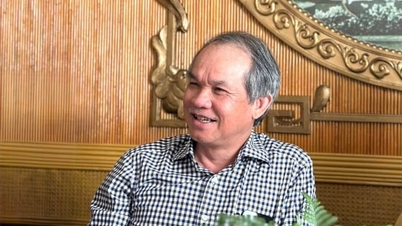
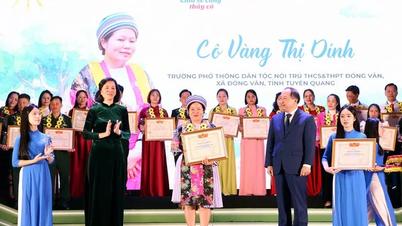

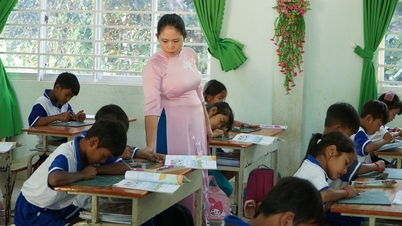

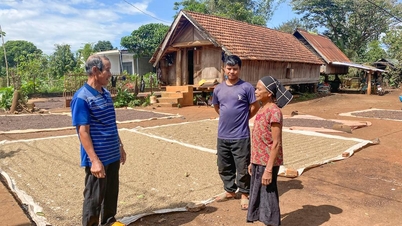

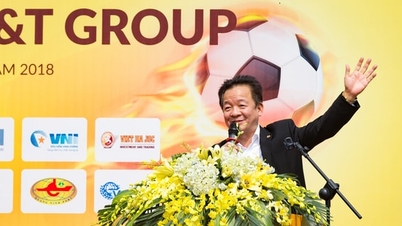



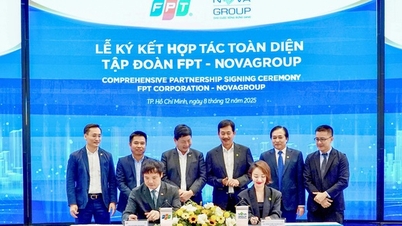
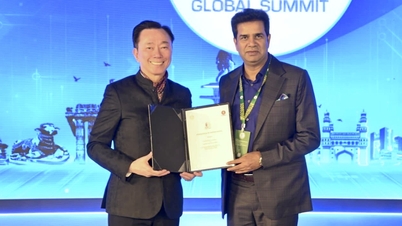

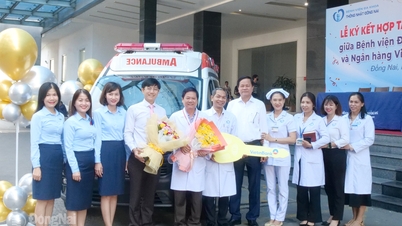

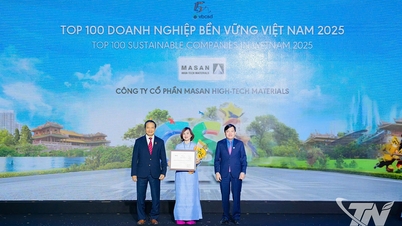


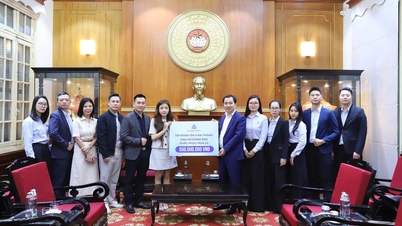







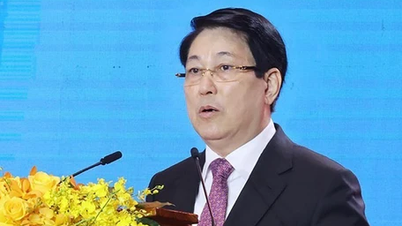
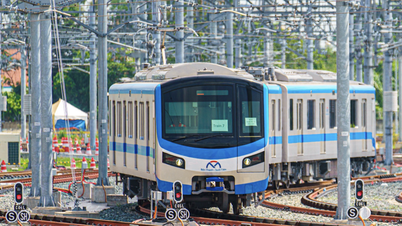

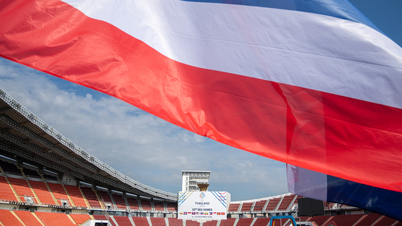
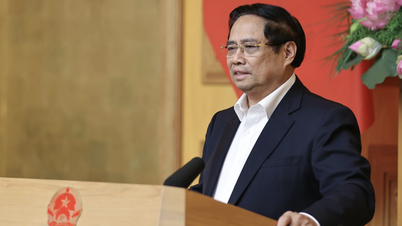

![[Photo] General Secretary To Lam works with the Standing Committees of the 14th Party Congress Subcommittees](https://vphoto.vietnam.vn/thumb/402x226/vietnam/resource/IMAGE/2025/12/09/1765265023554_image.jpeg)


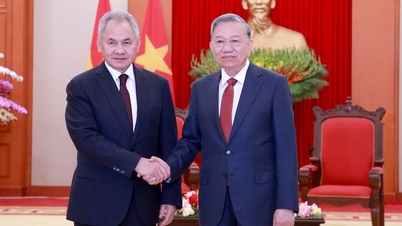

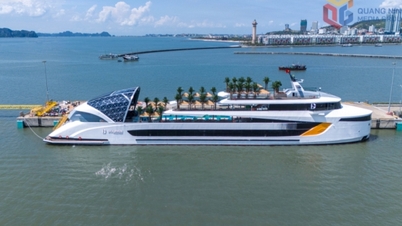
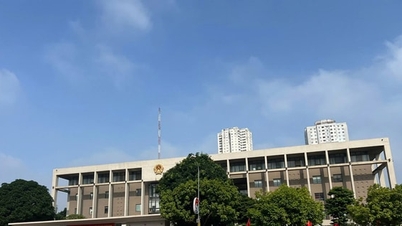


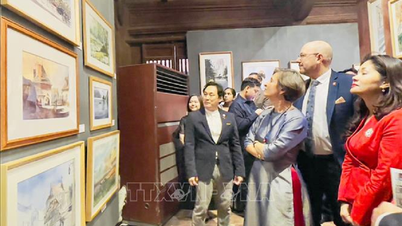

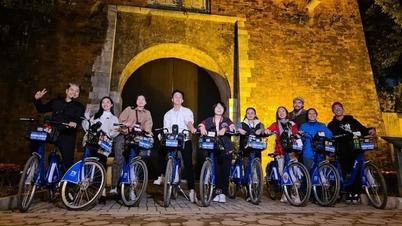

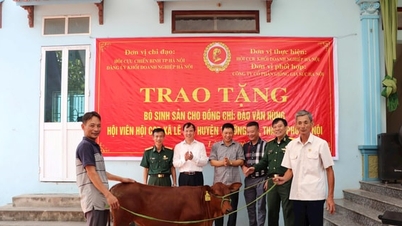
















Comment (0)